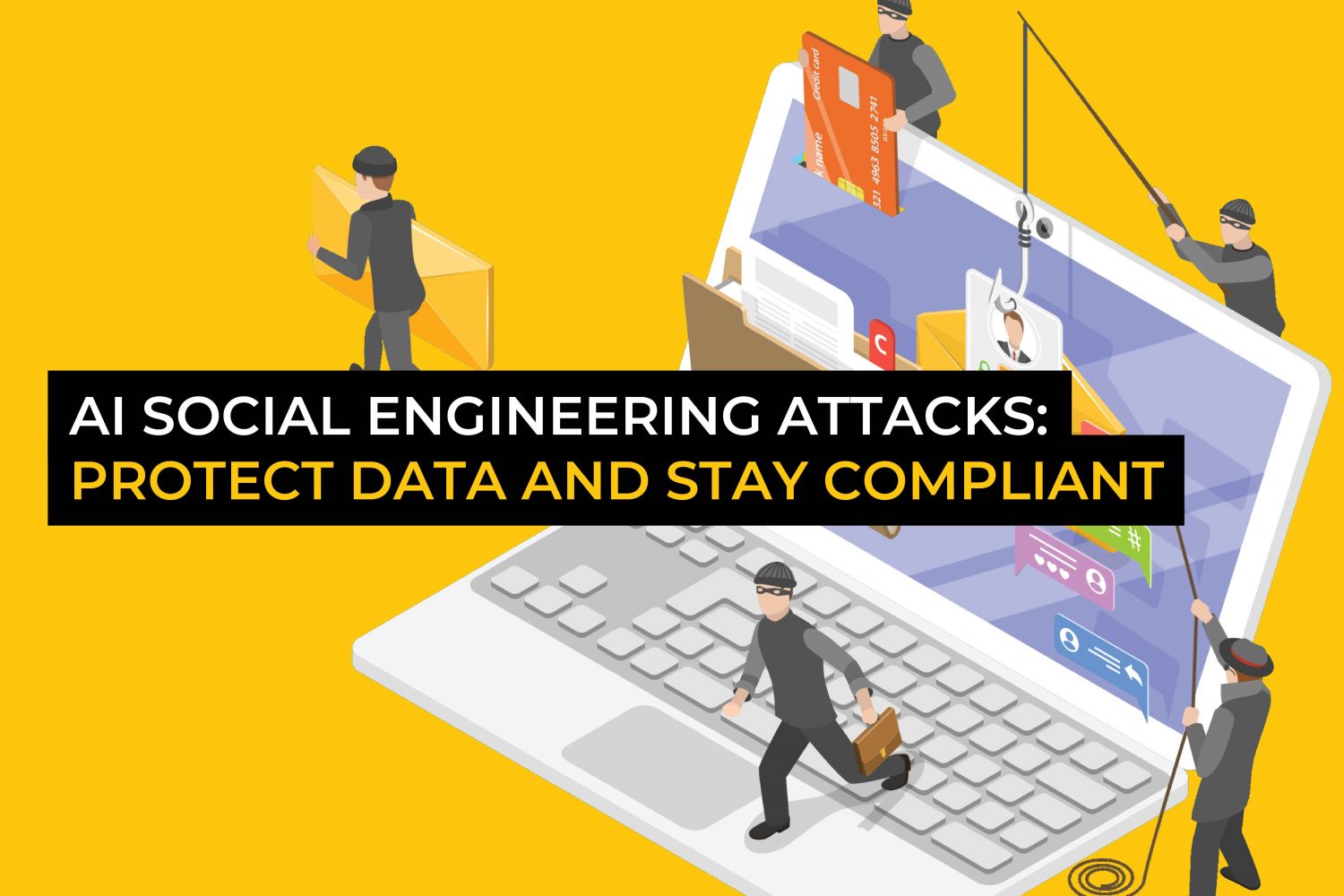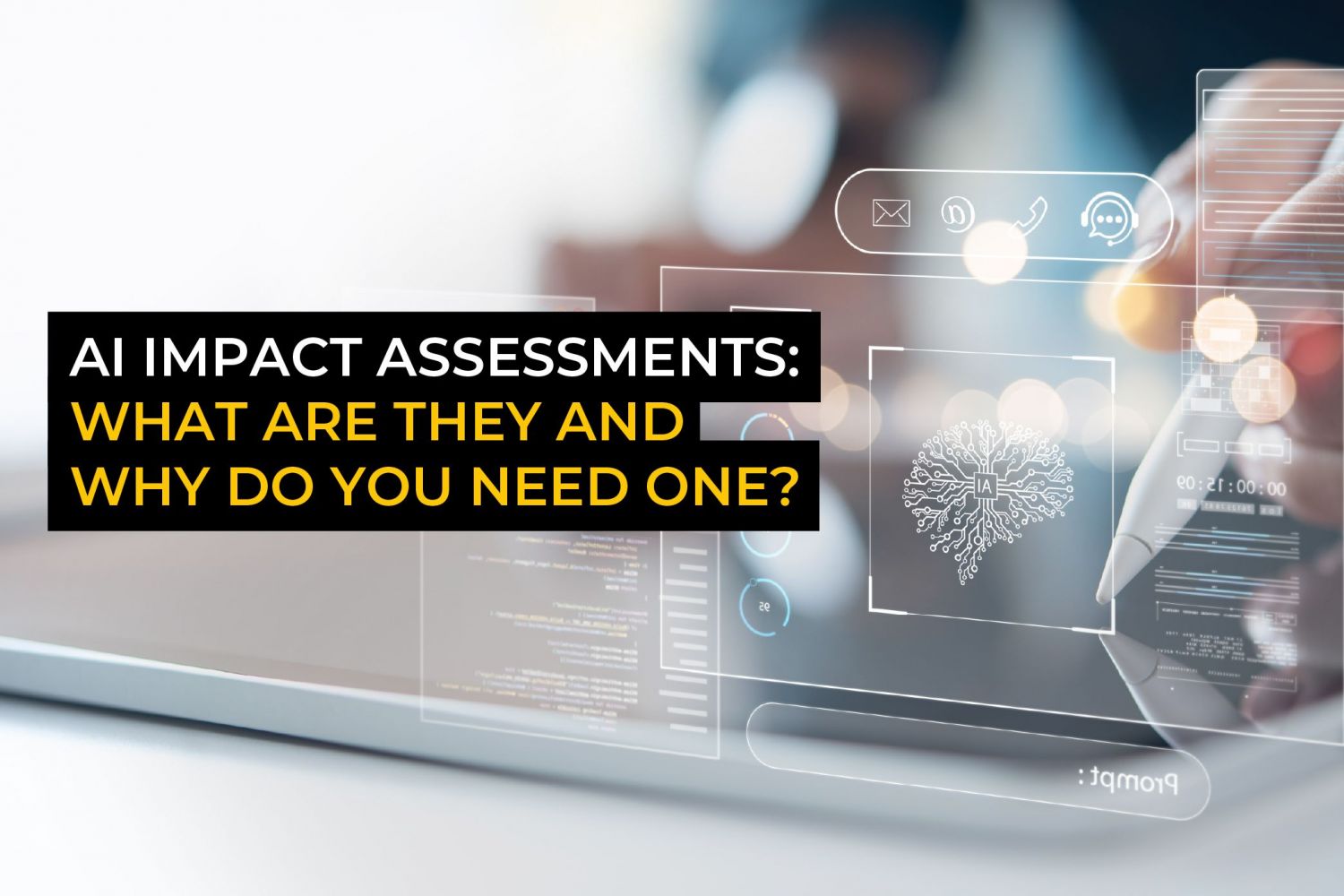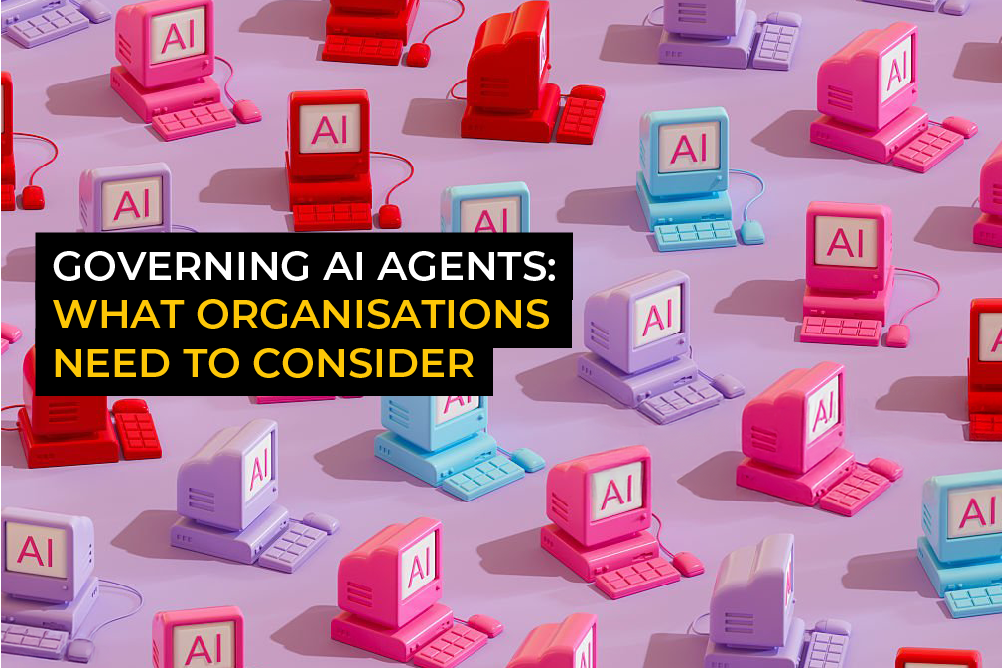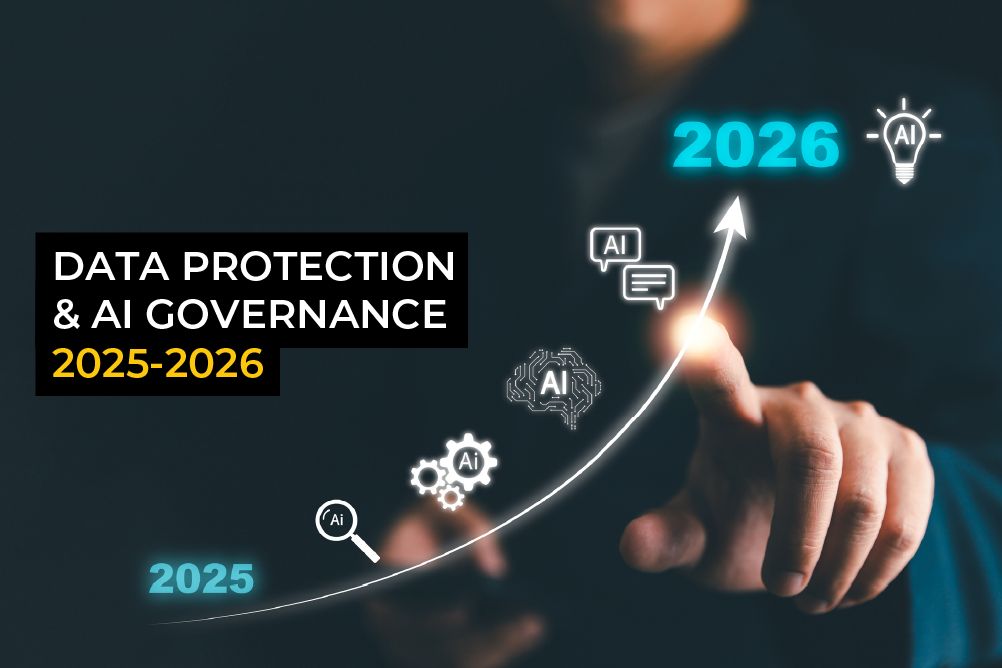In this blog, we explore what an AI Impact AssessmentA structured process used to identify, assess, and mitigate potential risks associated with an AI system before and during its deployment. An AIIA evaluates factors such as fairness, transparency, privacy, and accountability, helping organisations demonstrate compliance with AI regulations and responsible innovation practices. (AIIA) is, why it’s becoming an essential part of responsible AI adoption, and how to carry one out effectively.
From hiring tools to chatbots, fraud detection, and medical diagnostics, every AI system your business deploys has the potential to create value and drive efficiency across departments. But these systems can also expose you to a range of risks, particularly when they processA series of actions or steps taken in order to achieve a particular end. personal dataInformation which relates to an identified or identifiable natural person., make decisions about individuals, or influence behaviour.
That’s where an AI Impact Assessment comes in. An effective AIIA helps you spot risks early, protect individuals, and demonstrate accountabilityPerhaps the most important GDPR principle, which requires controllers to take responsibility for complying with the GDPR and, document their compliance. to regulators, investors, and customers. Done well, it gives your organisation the confidence to scale AI responsibly, turning trust into a competitive advantage.






